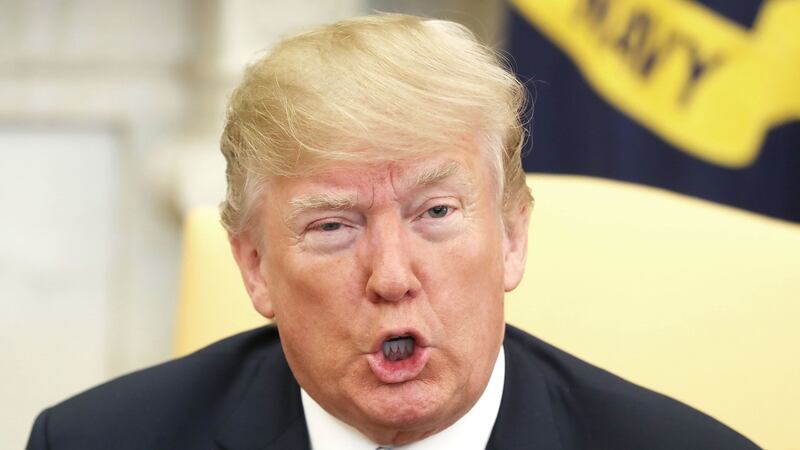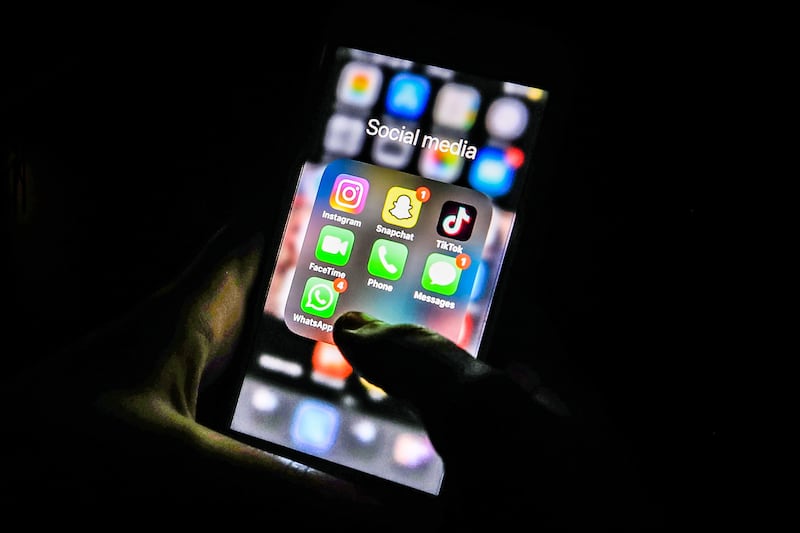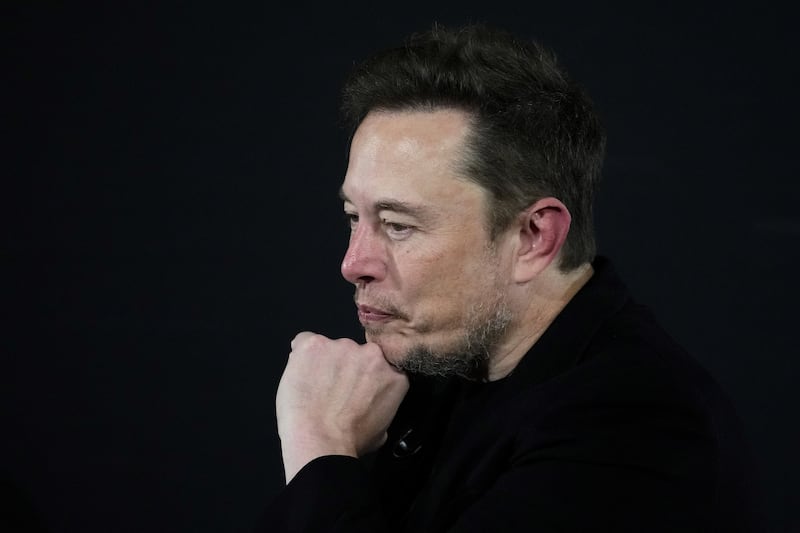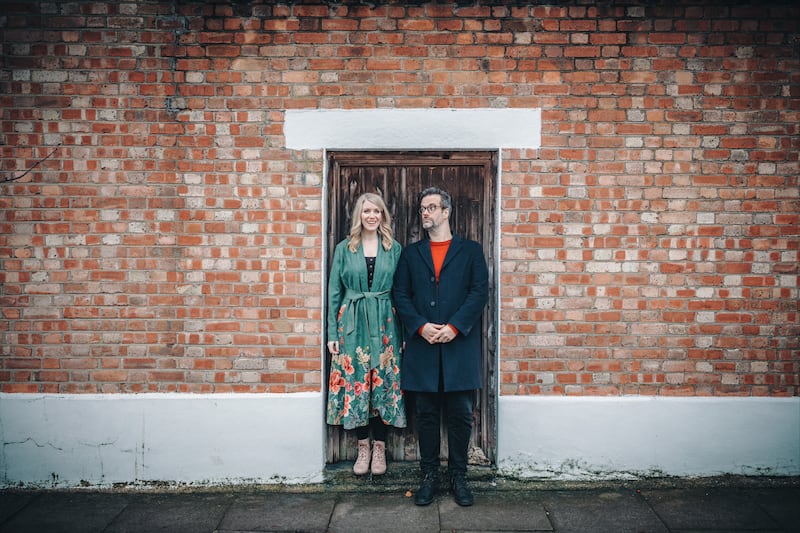Donald Trump has criticised Twitter for apparently “shadow banning” prominent Republicans.
The US president claims shadow banning is discriminatory and illegal, while Twitter has denied engaging in such a practice. But what exactly is shadow banning?
Twitter “SHADOW BANNING” prominent Republicans. Not good. We will look into this discriminatory and illegal practice at once! Many complaints.
— Donald J. Trump (@realDonaldTrump) July 26, 2018
The idea of shadow banning is something that existed before Twitter, back in the days of forums, as a way of quietly suppressing extreme views.
The practice is quite simple. Instead of banning someone outright so that they are aware of the punishment, their posts are hidden.
In doing so, it prevents the user from simply ceasing to use that account and going to create a new one, as many do when they are banned.
Though it raises some ethical questions, there is no law against shadow banning – which is also sometimes referred to as stealth banning, ghost banning and comment ghosting.
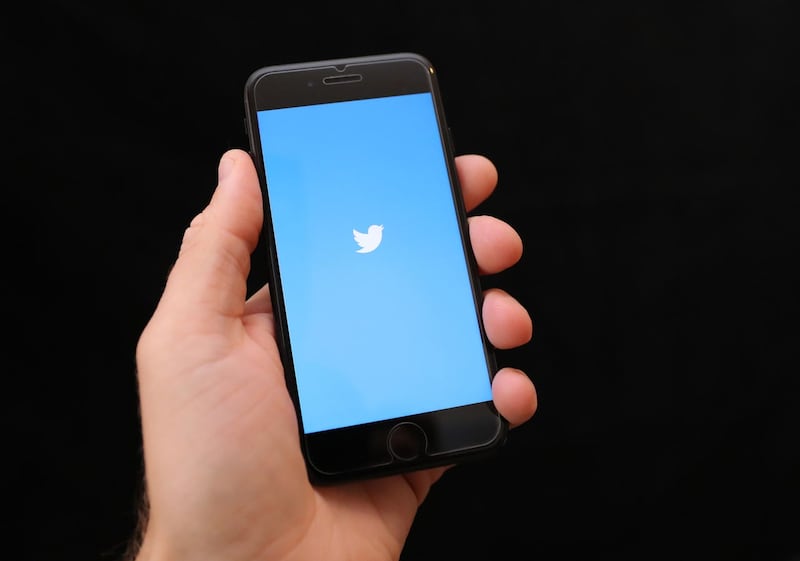
A recent report by Vice News claimed that the likes of Republican Party chair Ronna McDaniel and Donald Trump Jr’s spokesman Andrew Surabian were not automatically appearing in the search box, reducing their visibility on the social network.
“As we have said before, we do not ‘shadowban’,” a spokesman for Twitter said.
“We are aware that some accounts are not automatically populating in our search box, and shipping a change to address this.
“The profiles, tweets and discussions about these accounts do appear when you search for them.
“To be clear, our behavioural ranking doesn’t make judgments based on political views or the substance of tweets.”
However, CEO Jack Dorsey has admitted that the company still has “a lot more work to do to earn people’s trust on how we work” in relation to the matter.
A short thread addressing some issues folks are encountering as a result of our conversational health work, specifically the perception of “shadowbanning” based on content or ideology. It suffices to say we have a lot more work to do to earn people’s trust on how we work. https://t.co/MN97l7w7RF
— jack (@jack) July 25, 2018
Twitter recently gave evidence to Congress publicly on a similar topic, where it described claims that it banned conservative voices as “unfounded and false”.
“In fact, we have deliberately taken this approach as a robust defence against bias, as it requires us to define and act upon bad conduct, not a specific type of speech,” said Twitter’s global lead for public policy strategy Nick Pickles.
